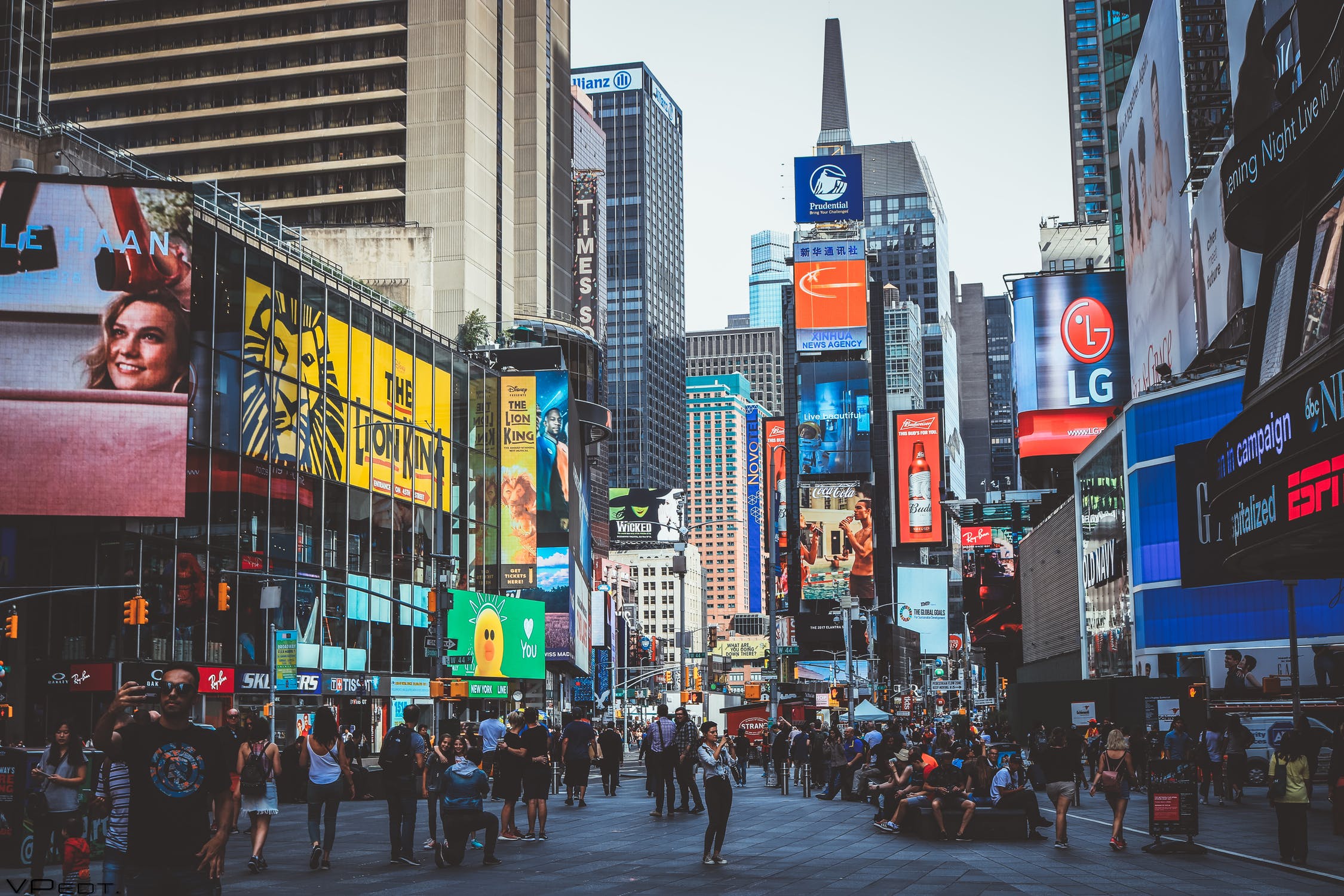In January, 2020, the City Council in New York passed legislation that forbids restaurants, stores, and other retail establishments from rejecting hard currency as payment.
This decision has placed New York City on the map as one of the most vocal opponents against cashless businesses. San Francisco, Philadelphia, and New Jersey approved these bans last year and more cities seem to be on board to join the movement. Massachusetts has held its ground in protecting the use of cash as legal tender, as it has required retailers to accept cash since 1978.
The bill states that if businesses refuse to take cash, they are liable to pay a fine of $1,000 for their first violation. Any subsequent violations will be $1,500. For businesses that provide machines that convert cash into cards, they are largely exempt, so long as they don’t charge a fee for these cards.
Democratic Councilman Ritchie Torres was the bill’s “lead sponsor” and had 23 of his colleagues sign on as sponsors. The bill was first introduced back in 2018 and it was passed by the City Council at a 43-3 margin.
New York City Mayor Bill de Blasio mentioned that his administration will be reviewing the legislation, his spokeswoman said he supported the “intent” of it.
Advocating For The “Underbanked”
Councilman Ritchie Torres commented on the decision:
“No longer in New York City will brick-and-mortar businesses have the right to refuse cash and effectively discriminate against customers who lack access to credit and debit. The marketplace of the future must accommodate the needs of vulnerable New Yorkers.”
According to the FDIC, in 2017, 6.5% of US homes did not have bank accounts. There were 18.7% who did have accounts, but they also utilized financial services that were uninsured institutions.
The FDIC also noted that in New York state, almost twenty-five percent of households were “unbanked” or “underbanked”. Among the communities of color, African American households made up 16.9% of the unbanked in 2017. In the Latino community, 14% of households did not have a bank account.
Lawmakers contended that this portion of the population would be left out if businesses do not take cash.
Why Is The Cashless Movement So Popular?
Around the world, the growing trend among consumers is to use mobile devices and credit cards to make their everyday purchases. Most people cite convenience as the driving factor to use alternative forms of payments. It’s simply easier to purchase a favorite latte with a quick swipe or tap.
For many businesses, they report that employees can process digital payments a lot faster and keep lines moving, making customers happy. There is no need to spend valuable time counting money and it also eliminates the potential for theft and robbery.
Leo Kremer, one of the founders of the Dos Toros restaurant was opposed to this legislation. He mentioned that going cashless eliminated the need to fire or discipline workers for disparities with cash.
Reining In Cashless Businesses
Despite the fact that more consumers are using less cash for their purchases, cashless business are not ubiquitous just yet. However, the trend is likely to grow. If lawmakers are already seeking to ban cashless stores, they may be preparing for what might become a massive shift, leaving many of their unbanked citizens out.


